Interviews
Explore More Videos
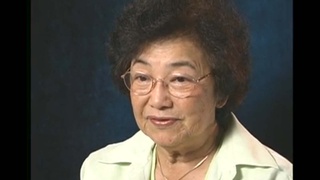
Participating in military drills in school in Japan during the war
(b. 1927) Japanese American Nisei. Family voluntarily returned to Japan during WWII.

Hearing anti-American war propaganda from a teacher
(b. 1927) Japanese American Nisei. Family voluntarily returned to Japan during WWII.

The hardships of life in Japan during World War II
(b. 1927) Japanese American Nisei. Family voluntarily returned to Japan during WWII.
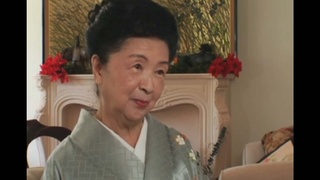
Neighbor took care of hotel business during the World War II
(1918-2023) Nisei Japanese kabuki dancer
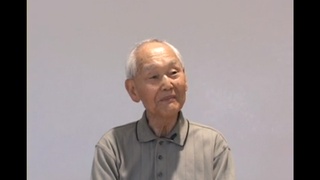
Anti-Japanese sentiment at the time of World War II
(b. 1918) Issei businessman in Canada
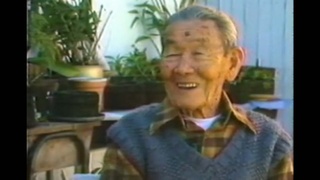
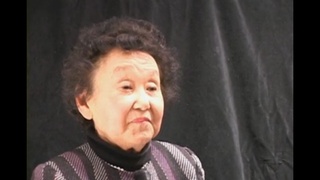
Family life in a Japanese Canadian internment camp in Slocan
(b. 1920) Incarcerated during World War II. Active member of the Japanese Canadian community
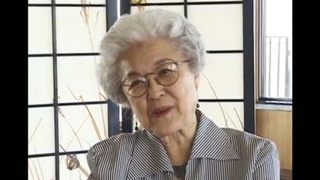
Lack of political power led to camps
(1924-2018) Researcher, Activist
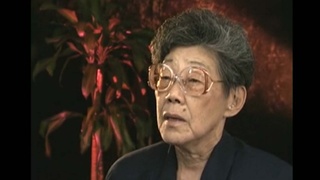
The Perspective of Youth
(1923–2006) Community activist. Co-founded the Manzanar Committee
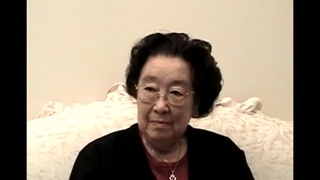
Choice to move east or go to Japan
(b.1920) Japanese Canadian Nisei. Established the Ikenobo Ikebana Society of Toronto


Institutionalization as a bad aspect of camp
(1924-2018) Researcher, Activist

State Department records show concern for treatment of Japanese American internees
(1924-2018) Researcher, Activist
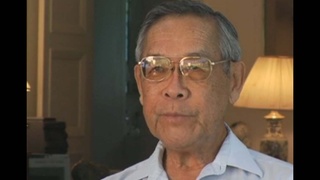
Remembering December 7, 1941
(1923-2011) Lawyer, MIS veteran, founder of Francis and Sarah Sogi Foundation

Awareness of concentration camps as a Japanese American
(1923-2011) Lawyer, MIS veteran, founder of Francis and Sarah Sogi Foundation

Discover Nikkei Updates


See exciting new changes to Discover Nikkei. Find out what’s new and what’s coming soon!
